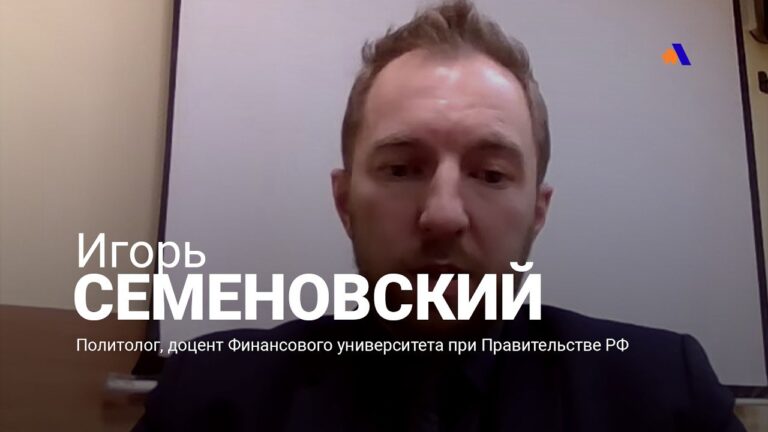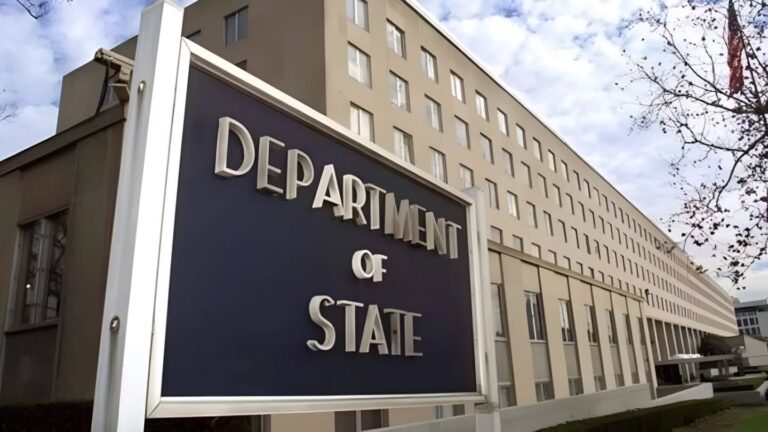Trend has changed and wind is no longer blowing towards EU — political scientist on Moldovan EU referendum
Speaking with Alpha News, Moldovan lawyer Dmitry Kiseyev commented on the results of the first round of the presidential election in Moldova and the referendum on Moldova’s accession to the European Union.
“First of all, of course, the results of the referendum were shocking for the Moldovan authorities yesterday, that is, 58% to 42% (58% against the referendum); it was like a cold shower for the authorities. And then, when votes began to come from the diaspora, from the European Union, the US, and Canada, this gap began to narrow. By the morning we saw that after all, the ‘yes’ option was 8 thousand more than the ‘no’ option.
First of all, because the polling stations abroad voted later. The US generally voted when it was nighttime here. That is why it happened the way it did. In any case, I want to say that this is, of course, a de facto defeat of the European forces. Imagine getting such a result given the repressions that were against the opposition, the confiscation of campaign materials, the detention, the arrest of various volunteers and activists, everything that the government did on the eve of the election… That is, in fact, this is the response of the residents to all the anti-democratic policies that the Maia Sandu regime pursued. The trend has changed, and the wind is no longer blowing in the direction of the European Union. If votes from Russia had been added to this amount, the result for the government would have been simply catastrophic. Therefore, we can actually talk about the Republic of Moldova turning away from the EU and, let’s say, rejecting everything that the Moldovan government has done over the past three years,” Kiseyev said.
According to Kiseyev, although Moldova chose the path of moving towards the European Union in a referendum, if Alexandr Stoianoglo becomes president, Moldova’s European aspirations will be subject to revision.
“The situation is that Ms. Sandu has practically exhausted her entire electorate. That is, she reached a certain ceiling in the second round. But Mr. Stoianoglo has the opportunity to grow at the expense of other opposition parties, opposition forces and, in general, people who voted for opposition candidates. Therefore, Stoianoglo’s chances of winning are much higher. In this situation, even if the referendum takes place, but Mr. Stoianoglo becomes president, the referendum actually fades into the background, because in fact the situation is that in parliament there will be a majority from one political force, and Mr. Stoianoglo will be from another. That is, there will already be another confrontation along other lines, and the movement towards the European Union will not be so significant,” Dmitry Kiseyev noted.







